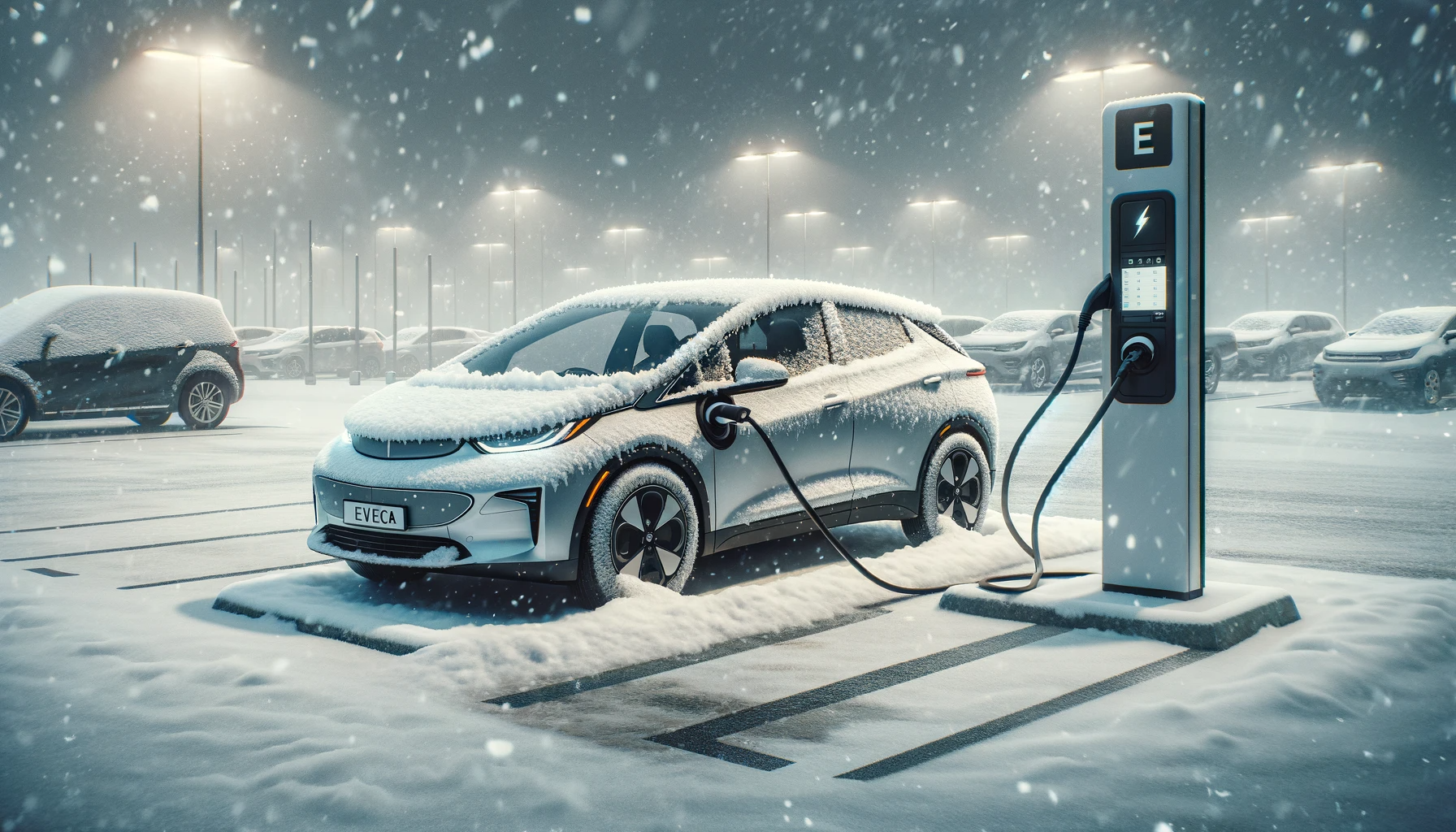
Hot on the heels of Hertz's announcement that is selling 20,000 electric vehicles (EV) it says are dragging down its bottom line, the EV story has taken another hit.
The frigid temperatures that have descended on wide areas of the Midwest have played havoc with EV owners trying to keep their vehicles charged. It turns out that charging an EV in sub-freezing weather isn’t easy. In the Evergreen Park area of Chicago, there were long lines at a charging station.
“You have to come up here, wait two hours to get into the charger. They tell you it’s fast, but then it takes two hours to charge your car,” Marcus Campbell told NBC 5.
'Highlights a major concern'
“The situation in Chicago highlights one of the major concerns people have with electric vehicles,” Karl Brauer, executive analyst at iSeeCars.com, told ConsumerAffairs. Specifically, what happens when my driving circumstances go from “standard” to ‘extreme?’ This shift can take many forms, from an unexpected emergency that suddenly requires long-distance driving, to extreme weather that suddenly reduces an EV’s range.”
Engineers say that extremely cold weather will affect the chemical reaction in the lithium-ion battery that powers an electric vehicle, just as can also diminish the power of batteries used to start gasoline-powered vehicles. But if a battery fails to start a gas-powered vehicle, a simple jump start can get it going again.
Brauer says cold weather limitations, along with insufficient charging infrastructure, just add to the challenges EVs currently face, saying cold weather can slow down both batteries and further diminish the battery range in EVs.
Insufficient charging stations
“There are plenty of measures in place to theoretically avoid this issue, with in-car navigation systems and mobile apps to quickly identify nearby charging options,” Brauer notes. “But if these charging options aren’t functioning, or are overrun with electric vehicles — or both, in the case of Chicago this week — having clear directions to them doesn’t matter. This is why range and charging anxiety remain a major obstacle for many consumers who might otherwise consider an electric vehicle.”
AAA says the batteries that power EVs are a lot like people – they perform best in moderate temperatures. Not only does cold weather reduce range, running the heater worsens the problem. AAA testing shows that heater use when outside temperatures dip to 20 degrees can reduce range by about 40%.
Photo Credit: Consumer Affairs News Department Images
Posted: 2024-01-17 12:05:17


















